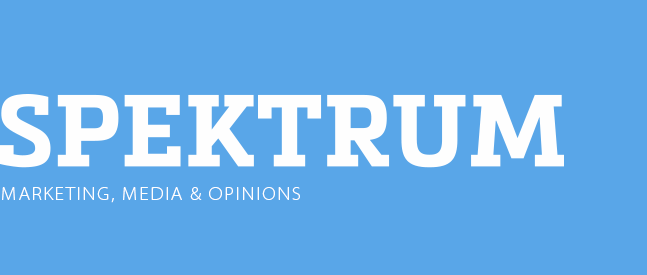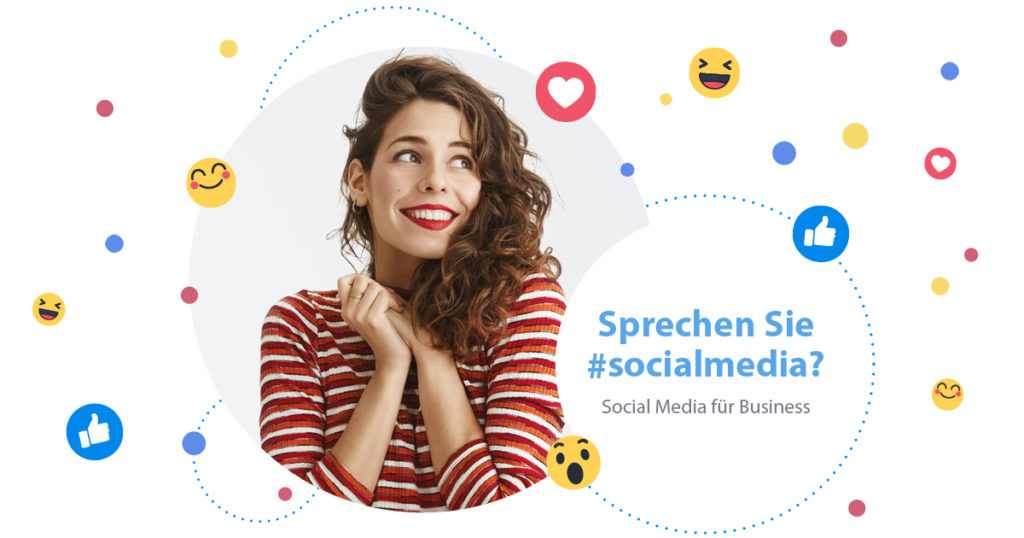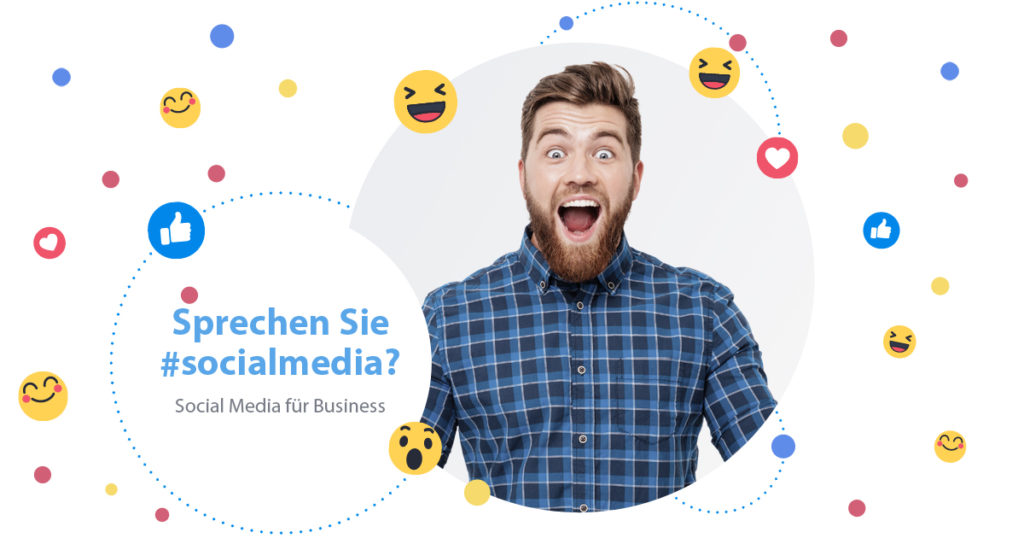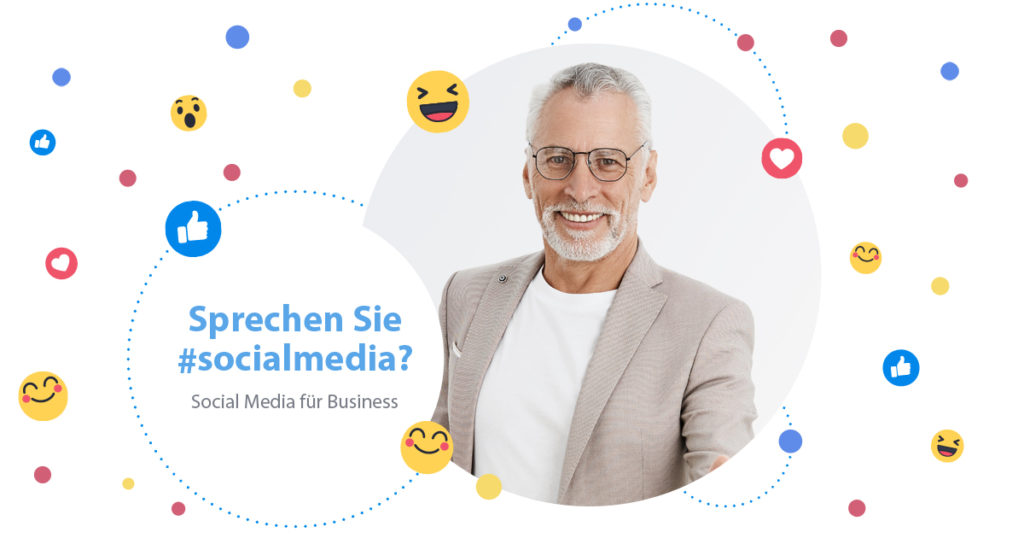
Limited costs, unlimited reach, wide segmentation, user experience and loyalty – In today’s social media frenzied world, marketers simply cannot ignore the medium’s power.

At ITMS, we’ve been cultivating an exquisite taste for social media for some time, and we are more than happy to shed some light for our clients on some of the most important trends to watch for. We regularly share valuable tips on our Facebook Page and will also be devoting ourselves to this topic in a series of future blog posts. In this issue of SPEKTRUM we want to look at the dangers of fake likes.
The widespread interactions between fake profiles and regular users is a danger that undermines many a campaign’s ability to reach its target audience. Many incoming extra likes generated by boosted campaigns are often fake. A company can accumulate thousands of likes only to see engagement on their page drop because the new fans are from fake accounts. These accounts originate in click farms in places like Bangladesh, Indonesia, China or India, where people are willing to promote social media sites for pennies. What’s worse, these advertisers are paying Facebook for legitimate ads to reach potential buyers and certainly not someone in a far-off land.

Click farms are careful to ensure that their illegitimate businesses are not exposed and attempt to make their abusive accounts look real by clicking on real ads. When a company advertises, the spammers are quick to respond to help their own appearance of legitimacy. They use elaborate profiles that mimic those of real users based in cities all over the world.
Unwitting marketers, who assume that their content will be shown to prospective buyers in their target territories, are at first excited at the overwhelming response. After all, social media is known as a data leech which supposedly knows everything about its users. The fact is: Facebook and the like evaluate all the data and interactions that a user leaves behind but they cannot check the accuracy of the information and the motivation behind the actions.

To achieve a positive response for advertisers, the ads get pushed to sites whose users are particularly “click-happy”. So, it may well be that in an effort to reach potential customers in Berlin, advertisers instead reach a myriad of fake profiles in the underdeveloped world with misleading information about their places of residence. Many companies may initially be pleased with the considerable, albeit fraudulent, recognition, and consider the number of likes to be an indicator of their popularity. Ultimately, however, these fake friends have a very negative effect on a company’s social media presence and can even damage a brand’s image.
Fake followers are not interested in the companies they like – they won’t even be able to understand the content they are liking. The grim result: fake followers don’t interact, they don’t leave comments, and they don’t share posts. This low user-loyalty is intern punished by the platform with poor reach. Accounts with low commitment achieve a lower conversion rate and thus poor rankings in news feeds. In addition, visitors with real interest might even become suspicious if too many of the likes in the fan community can be traced back to dubious profiles. That’s something that reflects negatively on the affected company.
Millions of companies use Facebook’s organic and paid tools. Most of them are relatively unsophisticated small and medium sized businesses that do not have time to patrol fake likes. For these marketers, advertising on Facebook is worse than a waste of time — it renders their pages worthless.
Facebook has no tool to remove fake likes. One has to manually delete each follower and can only do so for the most recent ones. The result is that after advertising on Facebook, companies are left with pages overwhelmed by useless followers which also distorts their metrics and makes it senseless for them to promote any other content on Facebook.

Naturally, this experience would prove disastrous for Facebook if it becomes widespread. In all fairness to the platform, it is indeed active in its campaign to remove abusive accounts. Just this week, the company announced that it had closed a series of connected fake accounts in Moldova. However, the problem is much bigger than Facebook, Twitter or Instagram would want to acknowledge to their advertisers.
One has to think their targeting through very carefully and consistently monitor the ads to avoid fatal mistakes that will attract fake traffic and destroy their accounts. Nevertheless, there is always a residual risk that fake followers will sneak into the target group, which is why many businesses are moving their paid ads to other social media platforms. And who stands to profit the most?
Amazon – a trend clearly emerging this year – is developing into one of the most important online advertising platforms. The giant online retailer is emerging as the biggest challenger to Facebook and Google’s share of the online ad market. Their ad business is likely to grow by more than 50 percent in 2019. Amazon as a platform has a major benefit to advertisers, especially direct-to-consumer brands. The retailer can provide first-hand shoppers’ behavioral data and can deliver detailed access to purchasing information in real-time. With Amazon’s range of sponsored ads, advertisers have unprecedented access to the space where consumers actually shop.
In Germany, the online retailer employs more than 50 people in online marketing, and they generated estimated sales of around 500 million euros last year, which means that they account for one-tenth of the entire German online advertising market. Marketers should keep an eye on this emerging advertising platform – especially as Amazon ads can link directly to their social media platforms and thus drive traffic straight to the company’s page.
Follow ITMS on Facebook and check our website regularly to learn more about the latest developments in social media marketing. You can find out more about our social media services for companies here.